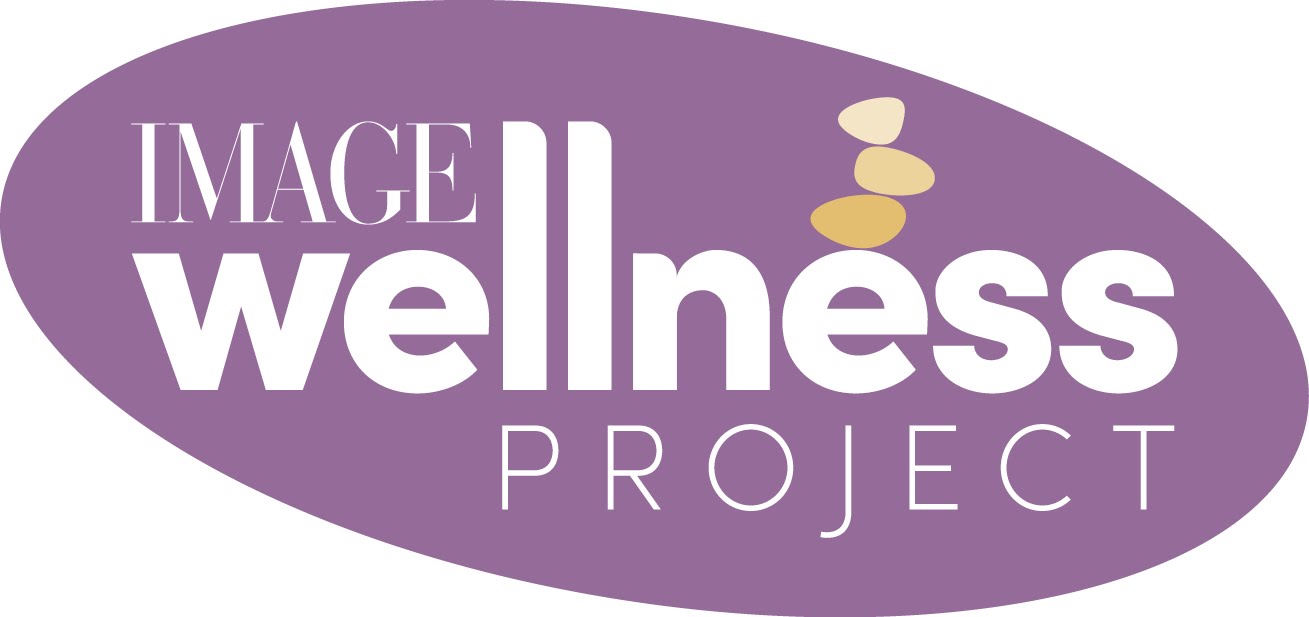
After having my twins, I realised there was no going back to dieting or restrictive eating—I needed to feel good and have energy, not be exhausted all the time. I wasn’t going to be that mom who was constantly yo-yo dieting. Everything I learned during my Master’s degree really started to make sense, and I began to reject all the diet culture nonsense. I’ve lived through the high cortisol life, and I know firsthand that sometimes, the traditional approach doesn’t work, especially for women dealing with hormone imbalances.
The key hormones to focus on are cortisol, insulin, oestrogen, progesterone, and thyroid hormones. These are crucial for overall health and are often linked to common issues I see in my clients, like weight gain, fatigue, anxiety, irregular cycles, and sleep problems. Cortisol, our main stress hormone, can really mess things up if it’s too high. Insulin manages blood sugar levels and impacts energy and weight. Oestrogen and progesterone are vital for reproductive health, and keeping them balanced is key for a healthy cycle and mood stability. Thyroid hormones regulate metabolism, affecting energy levels and weight.
View this post on Instagram
When we don’t get enough nutrients, our bodies struggle to produce hormones properly, leading to imbalances. Not eating enough protein, for example, can impact oestrogen and progesterone production, while a lack of healthy fats can impair hormone synthesis. Missing out on essential vitamins and minerals can disrupt thyroid function, leading to symptoms like fatigue and weight gain. But when you eat a balanced diet rich in the right nutrients, you’re giving your body what it needs to keep your hormones in check and everything running smoothly.
If you’re feeling constantly tired, struggling to lose weight, experiencing frequent cravings (especially for sugar or carbs), dealing with mood swings, anxiety, irregular cycles, skin issues, or having trouble sleeping, it might be time to pay attention to your nutrition, although I would recommend visiting your GP first and foremost. These can all be signs that your hormones are out of balance and your body needs more support from the food you’re eating. When I was under eating I had jawline acne, dry skin, hair loss, fatigue, poor sleep, no cycle, anxiety and a big reason for all that was a diet lacking in protein and fat.
It is all about clear routines. That is what behaviour change is, getting clear on structure and routine. Same goes for changing your nutrition habits. There are some easy ways to make sure you’re getting the nutrition you need. Meal prepping is a game-changer when it’s done right and it doesn’t have to be complicated. Having a weekly schedule with meals planned out and ingredients you need on the shopping list goes a long way. With that prep done, you are much less likely to get caught out and make poor food choices. It sounds basic but most women don’t have this mapped out clearly each week. This is something you can work on gradually, finding a routine that works for you. Smoothies are another quick and effective way—they’re easy to make and can be packed with greens, healthy fats, and protein. Keeping healthy snacks like nuts, seeds, fruit, and some good-quality hummus on hand can also help you avoid reaching for less nutritious options.